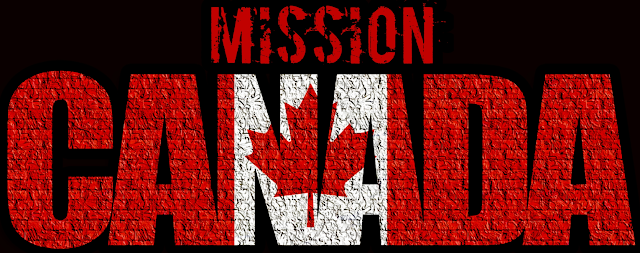Oakville, Ontario, Named Best Canadian City for Immigrants
Oakville city in Ontario, has been ranked number one, as 2018's best Canadian city for immigrants according to a new survey.
The survey has been conducted by online magazine MoneySense and put Oakville at top which is nearby Toronto city.
Oakville is a suburban town in Southern Ontario, located in Halton Region halfway between Toronto and Hamilton. Distance from Oakville to Toronto is ~40 Km or ~25 miles which can be covered in 30 to 40 mins. The population of Oakville was 193,832 in 2016 as per 2016 Census.
Its average household income of $162,000 is the 10th highest in the country and the value of the average primary residence is $1.2 million, 13th most expensive in Canada. These facts conclude Oakville sounds like a great place to live for rich people.
"There's no denying it's an affluent community, but it's a generous community," Mayor Rob Burton says. "We've become a very attractive place for people of diverse backgrounds."
MoneySense says its reputation for wealthy residents and mega-mentions is balanced by access to affordable housing and its small-town sense of community".
The results of 2018 Canada's Best Places to Live raking confirms, Oakville is a
- Best place for new Canadians
- Third Best place to retire
- Fifth best place to raise a family
So, it's certainly not a cheap city in the country, but it has attracted a growing and increasingly diverse population because of its many strong points.
Toronto city ranked fifth in Best places to live in Canada for immigrants, one of the several that constitute MoneySense' annual Canada's Best Places to Live Survey.
MoneySense ranked 415 Canadian cities based on their scores in 10 categories: Welth and Economy, Affordability, Population Growth, Taxes, Commute, Crime, Weather, Access to Health Care, Amenities, and Culture.
Based on the above categories, where are the best places to live?
Half of the top 50 Cities are in Ontario.
Top 10 Best Places for New Canadians 2018
10. Vaugham, Ontario
- Unemployment Rate: 5.7%
- Average rent for two-bed room apartment: $1,394
- Percentage of population whose first language isn't English/French: 52%
09. Westmount, Quebec
- Unemployment Rate: 7.5%
- Average rent for two-bed room apartment: $1,554
- Percentage of population whose first language isn't English/French: 22%
08. Delta, British Columbia
- Unemployment Rate: 4.3%
- Average rent for two-bed room apartment: $1,162
- Percentage of population whose first language isn't English/French: 29%
- Unemployment Rate: 4.9%
- Average rent for two-bed room apartment: $804
- Percentage of population whose first language isn't English/French: 37%
- Unemployment Rate: 5.7%
- Average rent for two-bed room apartment: $1,249
- Percentage of population whose first language isn't English/French: 31%
- Unemployment Rate: 5.7%
- Average rent for two-bed room apartment: $1,426
- Percentage of population whose first language isn't English/French: 44%
- Unemployment Rate: 5.7%
- Average rent for two-bed room apartment: $1,394
- Percentage of population whose first language isn't English/French: 25%
- Unemployment Rate: 6.3%
- Average rent for two-bed room apartment: $1,110
- Percentage of population whose first language isn't English/French: 31%
- Unemployment Rate: 5.1%
- Average rent for two-bed room apartment: $1,236
- Percentage of population whose first language isn't English/French: 21%
- Unemployment Rate: 5.7%
- Average rent for two-bed room apartment: $1,456
- Percentage of population whose first language isn't English/French: 30%

















